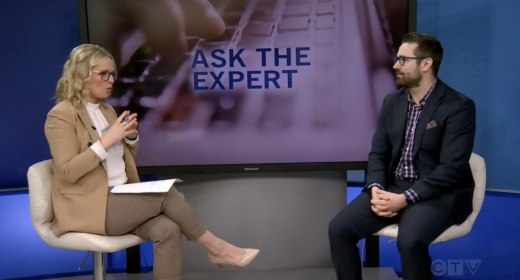This is a question that I hear a lot from people of all ages. When you are in your twenties or earlier thirties, you have finally finished school and have started working. You are in the prime of your life, paying off your student debt and beginning to buy your first car or your first home. On your own personal balance sheet, your debt load is bigger than your accumulated assets. Or if you are older and married, people have told me that all of their assets are owned jointly with their spouse.
Both of these situations may be true but it does not mean that you don’t have decisions to make if and when you die. For the younger generation, the idea of creating a Will when you are young and healthy is not something that you want to consider. I understand that thinking about what should happen when you die is a little morbid, but you should really think that you are making decisions for yourself and letting your family members know what to do if the unexpected happens.
Even if you think you don’t have any assets, you should decide who should be your Estate Trustee. Your Estate Trustee is the person who will administer your estate, plan your funeral and dispose of all of your assets or pay all your debts upon death. If you don’t decide who will make those decisions then one of your friends or family members will have to step forward and bring a Court Application to be appointed your Estate Trustee without a Will.
Similarly if you think you are covered because all of your assets are owned jointly with your spouse. The question I always ask is what happens to your assets if both of you die at the same time? In that situation, without a Will, the Succession Law Reform Act decides how your assets will be distributed for you.
What happens if you have minor children and have not made a Will? Without a Will, who would be responsible for your minor children? Did you know that children under the age of 18 cannot inherit property under Ontario law? A parent or guardian of a minor child cannot accept more than $10,000 on behalf of that child unless they have been given the authority to do so under a judgment, court order or under a Will.
It is important to think about your personal situation and to think about the assets that you currently own. If you die tomorrow who would receive your assets? Do you have a common law spouse? Do you have minor children? Do you have assets that you don’t want to distribute according to the Succession Law Reform Act?
If you answer “Yes” to any of these questions, then you should strongly consider preparing your Will and make the decisions for yourself.


